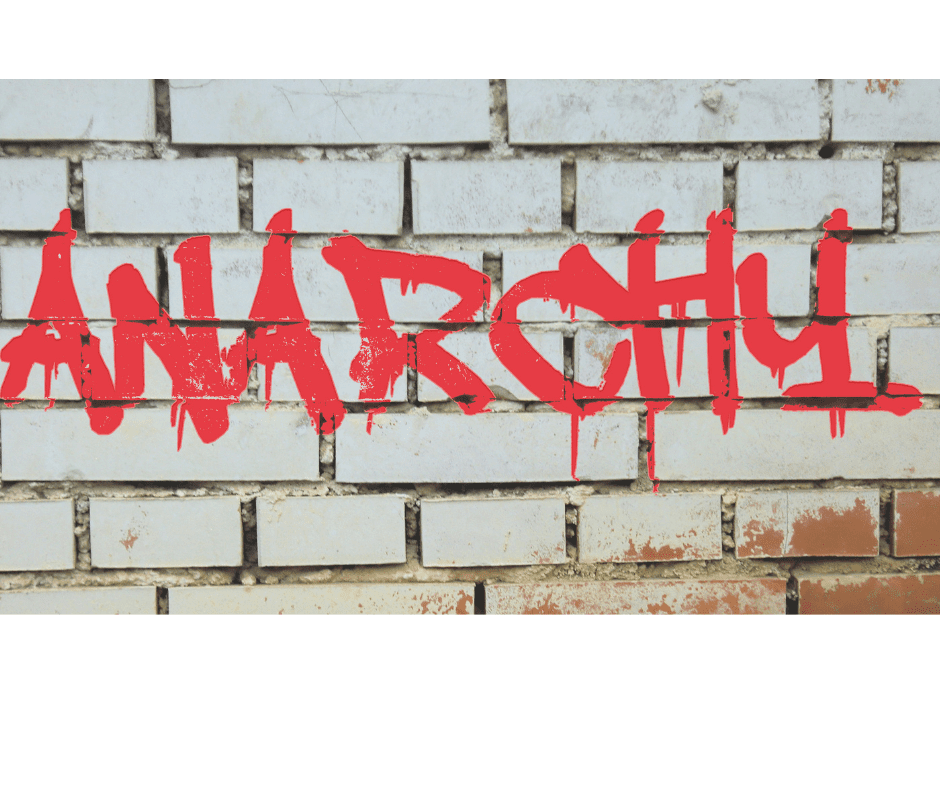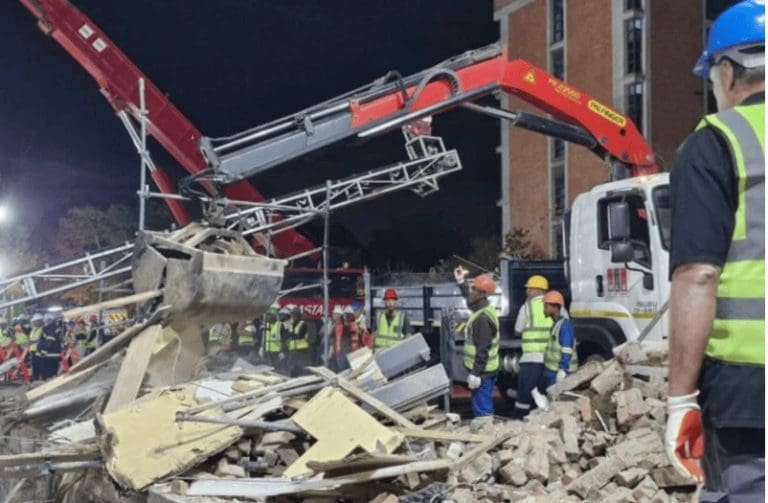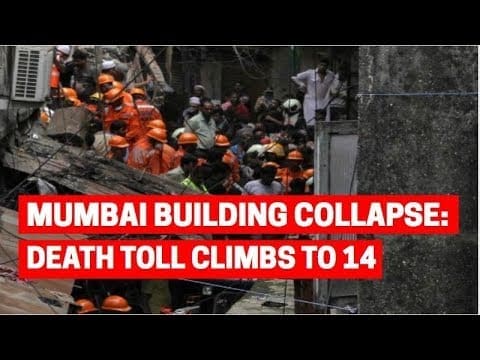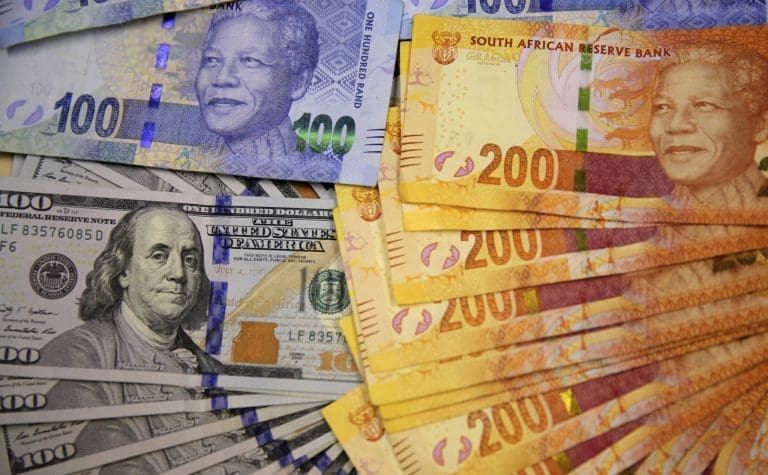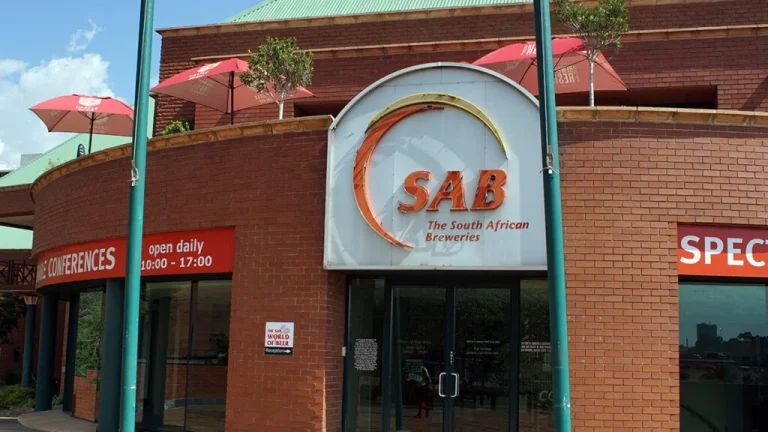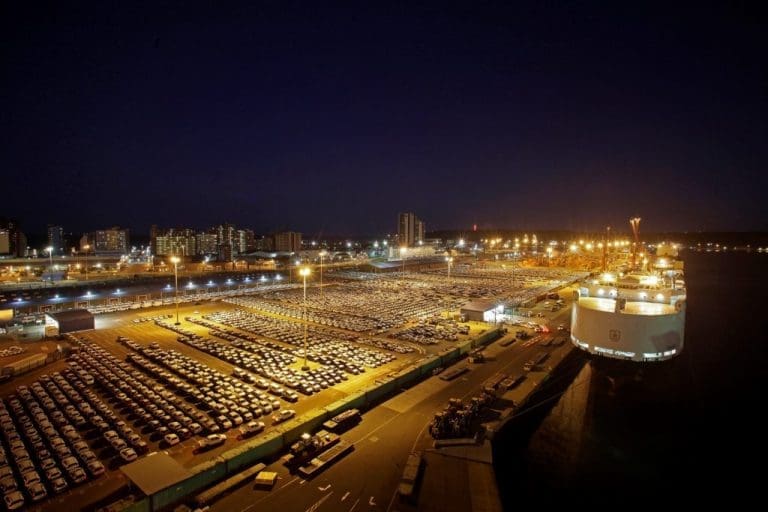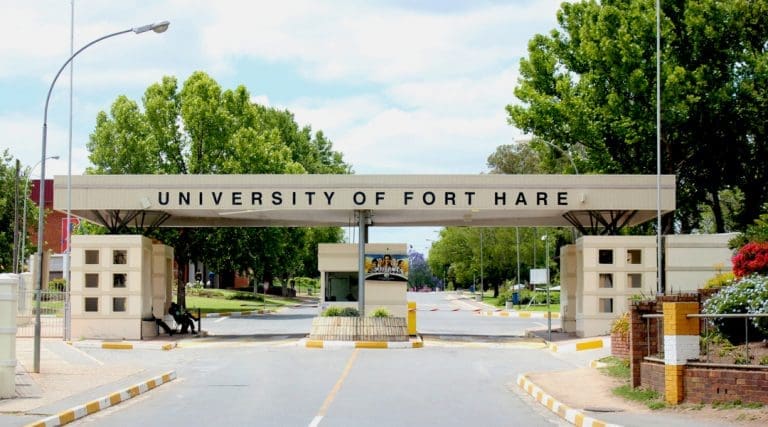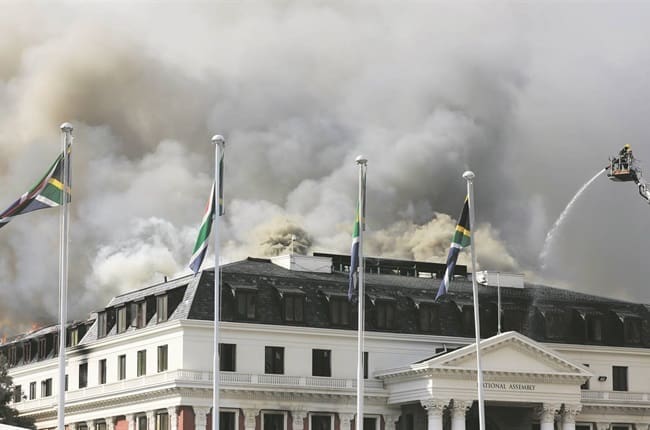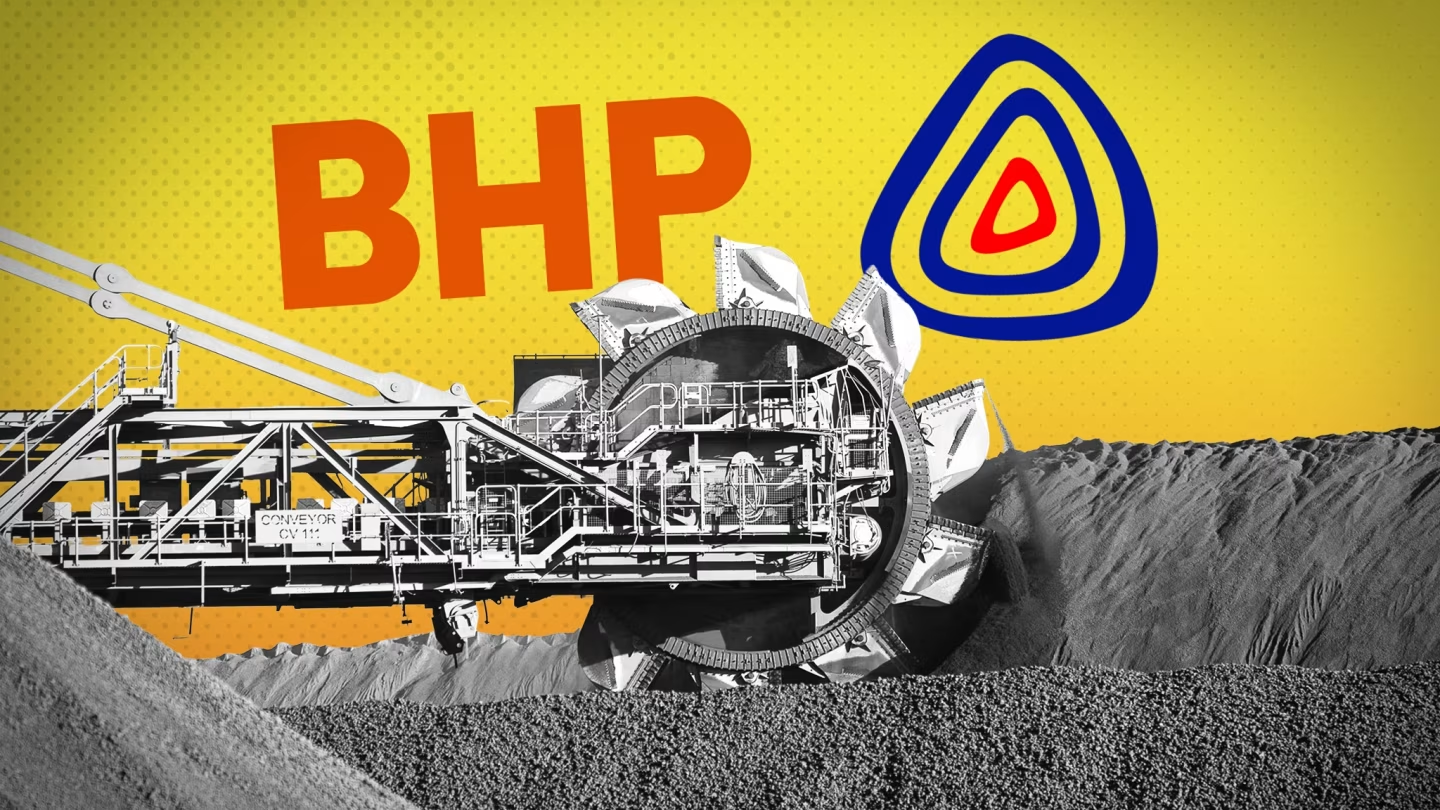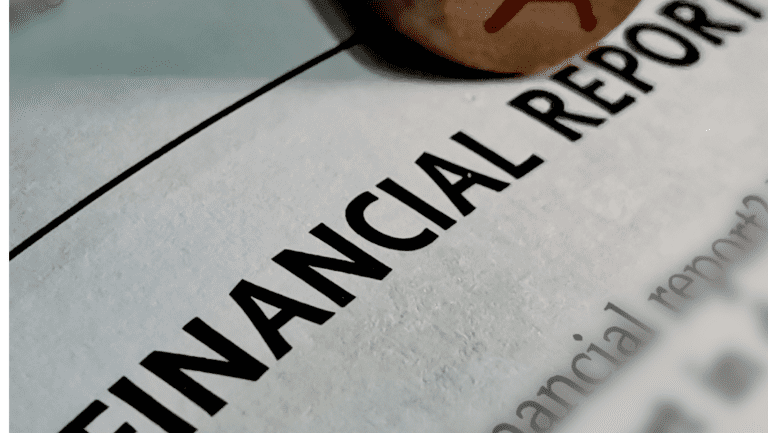South Africa stands on the precipice of potential anarchy, with experts warning of a looming crisis fueled by economic strife, political instability, and the looming specter of unrest around the elections. Former deputy chief of the South African Army, General Roland de Vries, has sounded the alarm, cautioning that any trigger event could ignite violence and chaos reminiscent of the July 2021 riots.
General de Vries articulated his concerns, underscoring the vulnerability of specific areas to spiraling into anarchy due to a confluence of factors. “High youth unemployment, households grappling with financial hardship, and a surge in absolute poverty have laid the groundwork for a dangerous environment,” he stated ominously. De Vries further warned that if the state’s finances were to collapse, rendering it unable to meet social grant obligations, South Africa would descend into havoc.
The General highlighted the multifaceted nature of potential trigger events, especially in the lead-up to the elections, stressing the government’s inadequate preparedness to confront such challenges. “Anarchy could erupt in localized pockets before spreading to engulf larger swathes of the nation,” he cautioned, citing the ominous possibility of criminal elements disrupting vital supply chains by obstructing major thoroughfares like the critical N3 route, thereby exacerbating the crisis.
However, General de Vries is not alone in his apprehensions. Renowned economist Dawie Roodt echoed similar concerns, warning of a perilous cocktail of unemployment, poverty, escalating food prices, and the impending electoral uncertainty. Roodt emphasized the precarious financial position of the South African state, which supports approximately 30 million people, whose livelihoods hinge on state subsidies. “With the state’s coffers strained, the prospect of reduced support for these vulnerable segments looms large,” he cautioned, evoking memories of the widespread public violence and riots that rocked KwaZulu-Natal and Gauteng just two years ago.
The economic ramifications of the looming crisis have also reverberated across the corporate landscape, with Gareth Ackerman, chairman of Pick n Pay, issuing stark warnings about the existential threat facing the country’s food industry. Ackerman pointed to the destabilizing impact of persistent load-shedding and governmental inaction, underscoring the heightened risk of social unrest precipitated by food shortages and potential store closures in the event of prolonged power outages.
The nexus between economic deprivation and social instability is well-established, with food and water scarcity serving as potent catalysts for civil unrest. Against the backdrop of a fragile economy, rampant unemployment, and dwindling state resources, South Africa finds itself at a critical juncture, with the specter of anarchy looming large.
While the government bears the onus of containing outbreaks of violence and restoring stability, doubts persist regarding its capacity to effectively preempt, mitigate, or contain such threats. General de Vries expressed skepticism about the state’s ability to swiftly stabilize the environment and prevent the escalation of localized disturbances into a nationwide crisis.
As the nation teeters on the brink, the imperative for decisive action to address the root causes of social discontent and economic malaise has never been more pressing. Failure to heed these warnings risks consigning South Africa to the abyss of anarchy, with dire consequences for its populace and the broader regional stability.
In the face of mounting uncertainty, concerted efforts are needed to bolster governance, revive the economy, and alleviate the plight of the most vulnerable segments of society. Only through proactive measures aimed at addressing the structural inequities and systemic vulnerabilities can South Africa avert the looming specter of anarchy and chart a course towards a more prosperous and stable future.


